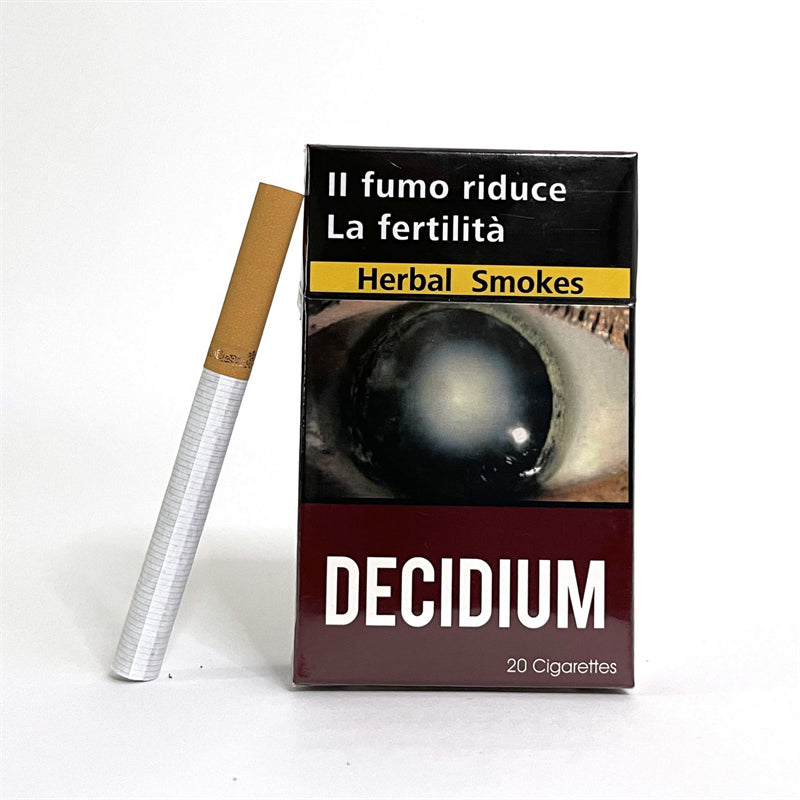The Daily Mail reports in Australia that stores in the country's largest cities are openly selling nicotine e-cigarette products in defiance of the government's new ban. Starting from January 1 this year, the import of disposable e-cigarettes was banned nationwide, and retailers were prohibited from selling e-cigarettes containing nicotine. Health Secretary Mark Butler branded the reforms "world-leading" and stressed: "If you smoke e-cigarettes, your New Year's resolution is to quit them." However, Butler's crackdown appears to have It disappeared into thin air and was ignored by every specialty store and convenience store.
On Sydney's trendy King Street in Newtown, the Daily Mail found at least 20 independent and chain stores openly selling illegal nicotine e-cigarettes, illegal cigarettes and other smoking equipment. In some stores, reporters had a plastic folder showing the dozens of different models and flavors customers could choose from. The flavors include apple, blueberry, watermelon and iced mango, and despite Butler's ban, they still contain nicotine. Product packaging features bright colors and lively designs that make e-cigarettes look more like candy marketed to children than nicotine products. Prices range from $25 to $50, depending on how much inhalation the e-cigarette contains.
The process of purchasing these prohibited products is no different than purchasing legal goods. There was no identity check to confirm age, no secret whispers, just a straight credit card transaction in exchange for the contraband. In an interview with the Daily Mail, Brian Marlow, director of Australia's Assistance to Legalize E-cigarettes, said this proved that the government's efforts to regulate e-cigarettes were not effective.
"The interesting thing about this ban is that disposable e-cigarettes have never been legal in Australia and have always been banned," he said.
He also mentioned that in 2021, the Morrison government banned any Australian from purchasing or importing nicotine e-cigarettes or e-cigarettes without a doctor's prescription. This brings the import requirements into line with Australia’s ban on the sale of nicotine e-cigarettes under state and territory laws.
Yet many retailers and manufacturers try to circumvent this regulation by falsely claiming that their products do not contain nicotine. Under the new ban, retailers have the right to sell nicotine-free stock imported before this year.
Starting from March 1, the import of all non-therapeutic e-cigarettes, as well as all personal use e-cigarettes, will be banned. To coincide with the changes to import rules, new access mechanisms will be set up to enable doctors and nurses to prescribe therapeutic e-cigarettes where appropriate. Mr Marlowe said the bans would only allow retailers to take on increased import and sales risks and charge customers higher prices for e-cigarettes.
He also said criminal gangs that import e-cigarettes from China and sell them to retailers are also able to increase their profits. "More than 90 per cent of e-cigarettes sold in Australia are black market," he said.
With over a million vapers in Australia, you're looking at a multi-billion dollar industry that the federal government has no real plans to legalize. "We are the only country in the world facing such a serious problem," he said.
Mr. Marlowe also said that addictive e-cigarettes such as IGET are manufactured in China but are banned there and rarely used by residents. He said: "But here we are keen to use it and have no problem exporting it to Australia. Because we don't regulate the market correctly, people are willing to break the law and face criminal charges. They are willing to sell to children. We allow criminals to Action." Market restrictions, product standards, retailer licenses, and hefty fines for selling to minors will help clear the black market, Marlowe said.
Marlowe said Australia should follow the lead of New Zealand, the UK and other parts of the world in dealing with e-cigarette regulations. "Premium e-cigarettes are allowed to be sold and regulated in the same way as other adult-only products we regulate, such as alcohol," he said.
“Doing something like this will give adults access to products that are safer than what you might see in illegal Chinese disposables that contain high nicotine levels.”
"It would also crack down on the rampant e-cigarette black market created by the government." However, Simon Chapman, a professor of public health at the University of Sydney, said strict regulations on e-cigarettes were needed and objected to calling the reform a "ban" . He told the media: "E-cigarettes are not banned, it's just that they should always be strictly regulated. Anyone who says e-cigarettes are banned probably also believes that every prescription drug produced in Australia is also banned."
The government's current crackdown is driven by increased access to e-cigarettes by minors and new non-smokers starting nicotine e-cigarettes. Mr. Butler said in a National Press Club speech in May 2023: "E-cigarettes are not an entertainment product, especially not for our children. This is what e-cigarettes are now."
Butler criticized the previous coalition government, saying it created perfect conditions for an illicit market to flourish by not strictly enforcing regulations on the importation of e-cigarettes and on smokers seeking legal prescriptions.
